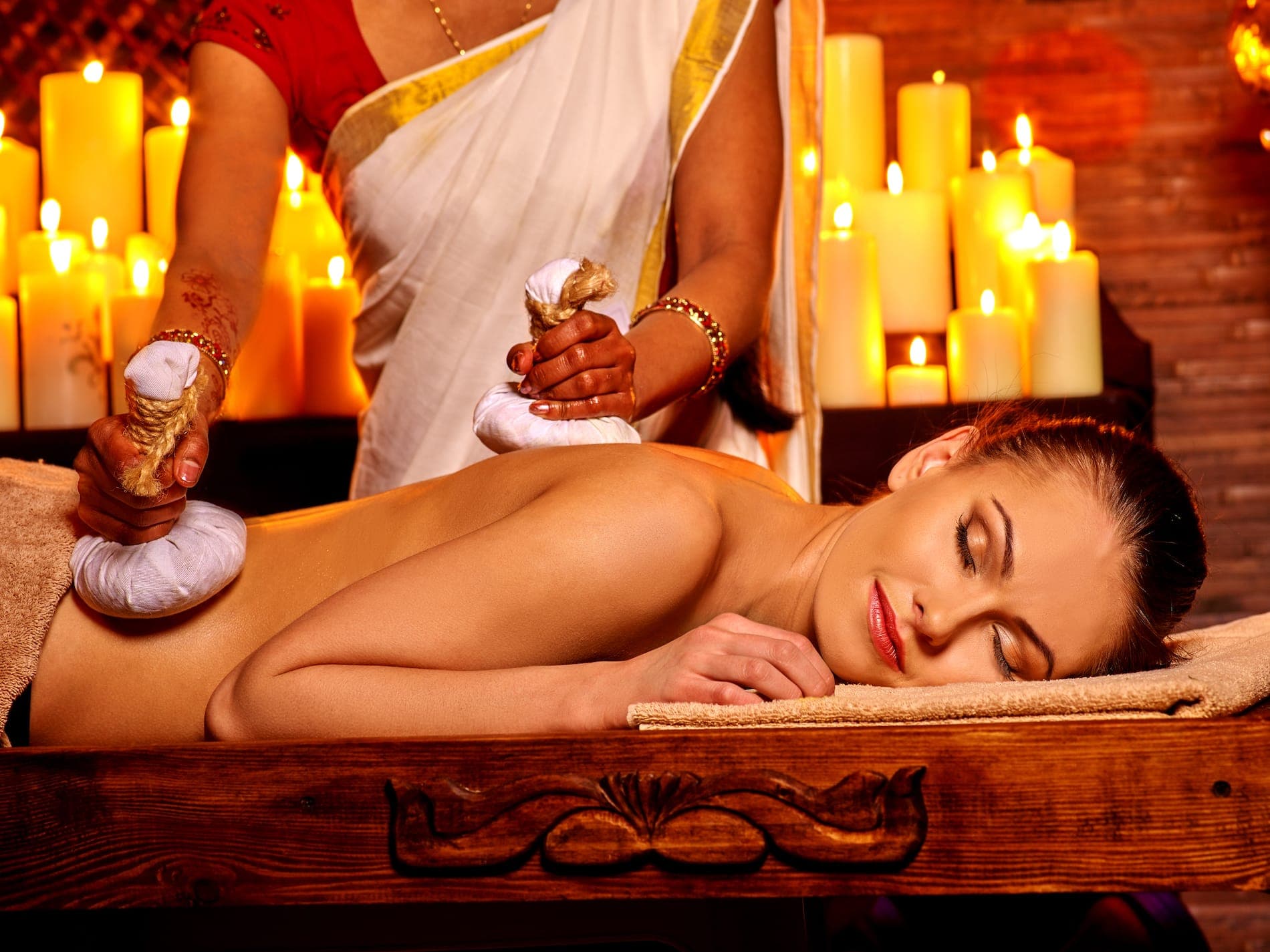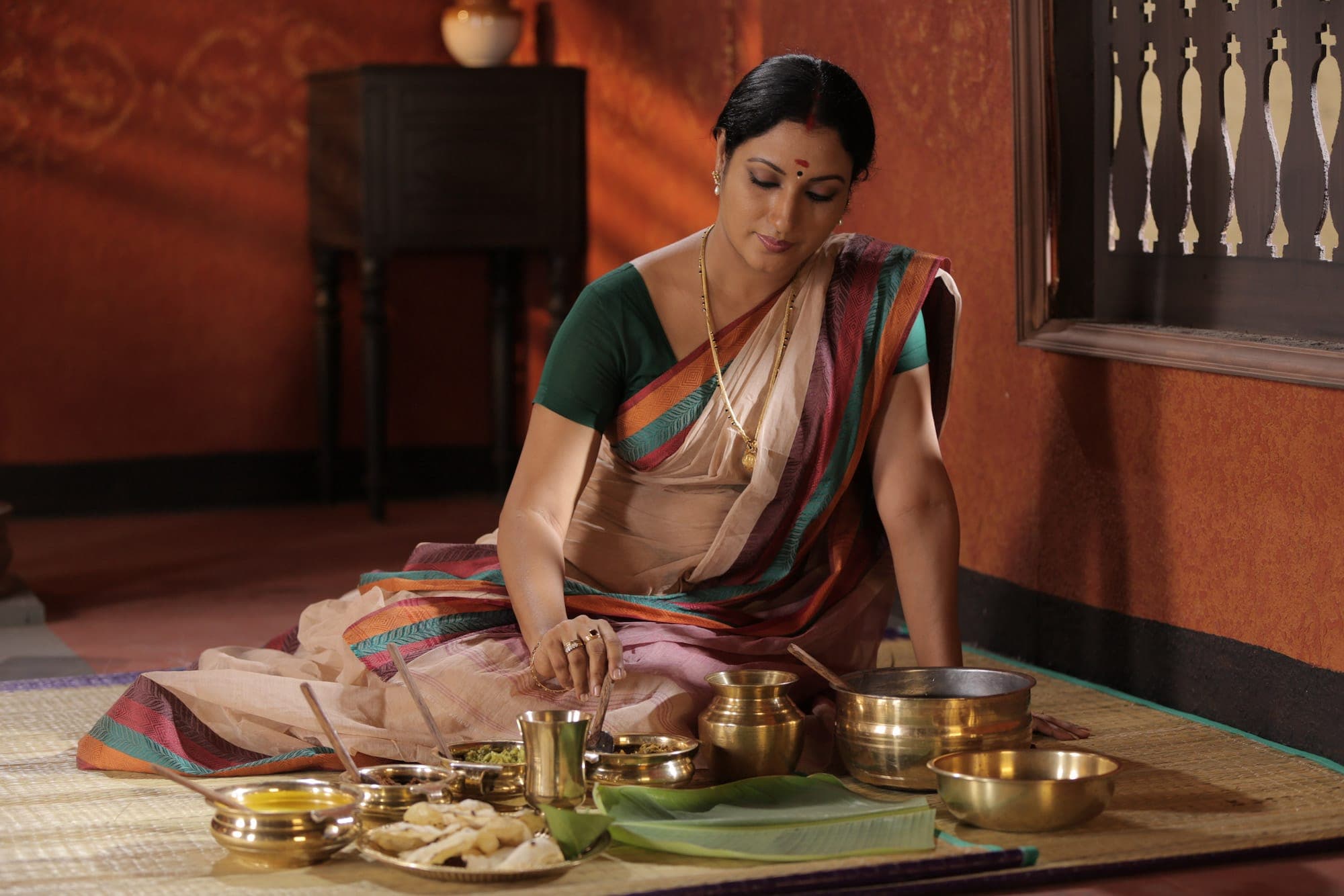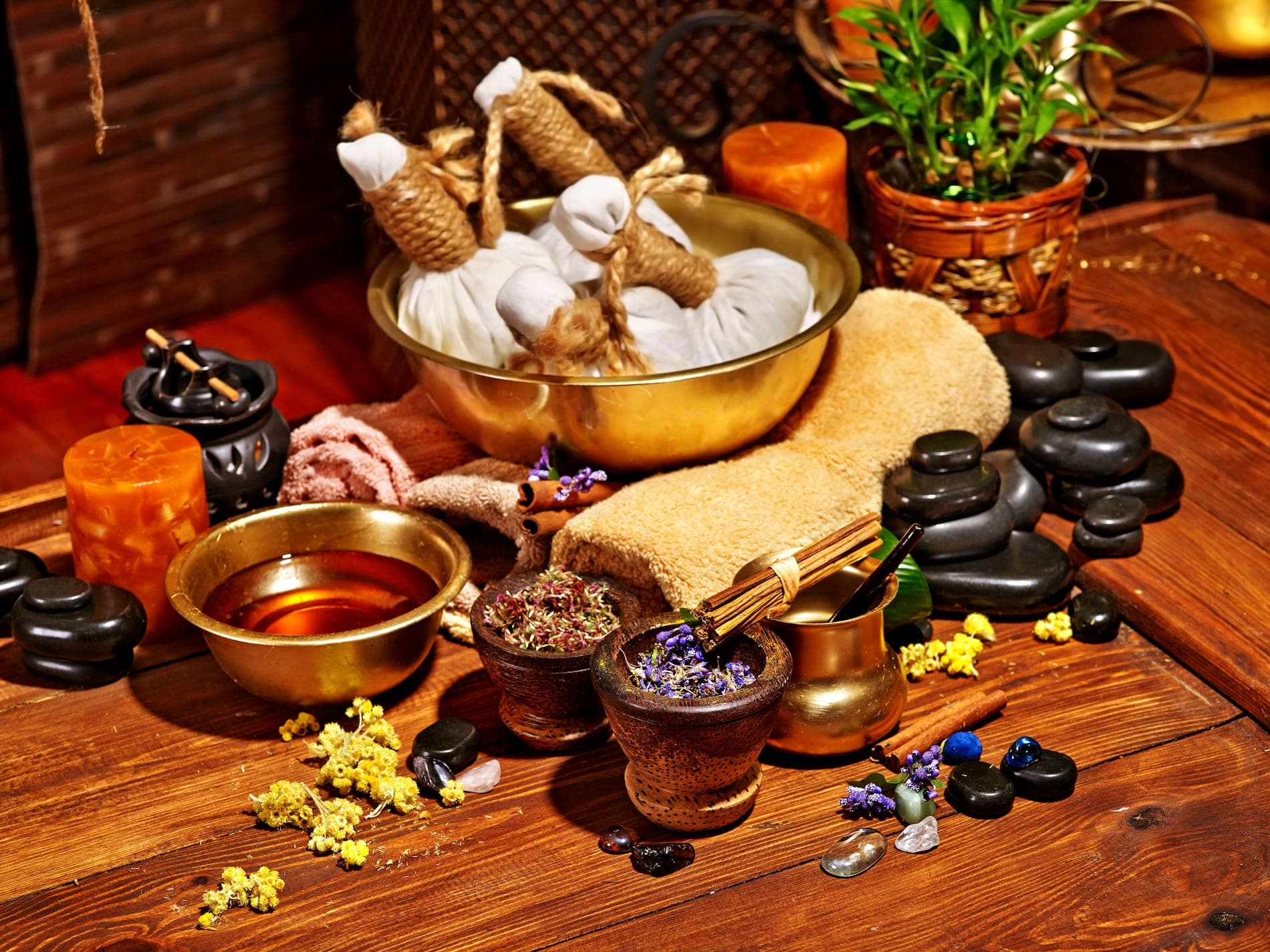
Ayurveda
Treat yourself to peace and harmony
What exactly is Ayurveda?
Ayurveda is an ancient system of treatment and philosophy of life that originates from the Hindu tradition. This teaching emphasizes the balance of body, mind and spirit, and emphasizes the individual needs of each person. Ayurveda uses natural methods, including herbal medicine, diet, yoga and meditation, to achieve overall health and harmony. The central principle is understanding each individual's unique energy makeup, called "dosha", and keeping it in balance for optimal lifestyle and well-being.
The answer to the question "what is Ayurveda?" is therefore: "Ayurveda is a thorough knowledge and practice of a way of life that leads to the achievement of optimal health, both physical and mental and spiritual".
Ayurveda in Sri Lanka has deep roots going back more than a thousand years, and it still remains a prominent health care system on the island today. In the last 15-20 years, Sri Lanka has become a popular destination for foreign visitors seeking Ayurvedic treatment. Many are drawn to the holistic approach of Ayurveda, which includes the physical, mental and spiritual aspects of health. This healthcare system emphasizes changes in lifestyle and eating habits instead of medication.
The warm tropical climate on Sri Lanka's southern coast provides another advantage. This temperature helps to open the pores of the skin, which facilitates deep cleansing and removal of toxins from the body. The psychologically soothing effect of being close to a tropical beach also contributes to the effectiveness of Ayurvedic therapy and creates an ideal environment for relaxation, regeneration and reflection on life's priorities.
Originating in ancient India, Ayurveda is one of the oldest known medical systems in the world. It focuses on two key ideas: eliminating the cause of disease and actively promoting the maintenance of good health and longevity. In Ayurveda, health is understood holistically, including body, mind and spirit. Therefore, Ayurveda includes various aspects such as yoga, meditation, lifestyle, diet, detoxification procedures (known as Panchakarma) and others that serve to satisfy the basic instincts of maintaining good condition, health and a fulfilling life. This holistic approach differs significantly from "conventional" medical practices that focus on treating the symptoms of disease and often overlook the role of diet and lifestyle in maintaining health.
Ayurveda is based on the theory of five basic elements that exist in the universe and in the human body: space/ether (Akasha), air (Vayu), fire (Tejas), water (Apa) and earth (Prithvi). These elements combine into three bioenergetic constitutions, called Vata, Pitta and Kapha, which are unique to each individual and affect all aspects of their physical, mental and spiritual life. This primary constitution, called Prakriti, determines an individual's strengths and weaknesses, their susceptibility to disease and characteristics.
When these three bioenergetic constitutions are in harmony, the individual is healthy. An imbalance between them creates conditions for the emergence of disease, which can be caused by improper metabolism, insufficient excretion of body toxins, poor diet, weakened digestive function, insufficient rest, pollution, stress and accumulation of biotoxins in the body. In the short term, the body can compensate for the imbalance, but if it fails, toxins called Ama can build up, leading to reduced immunity and depletion of life energy, increasing the risk of disease.



